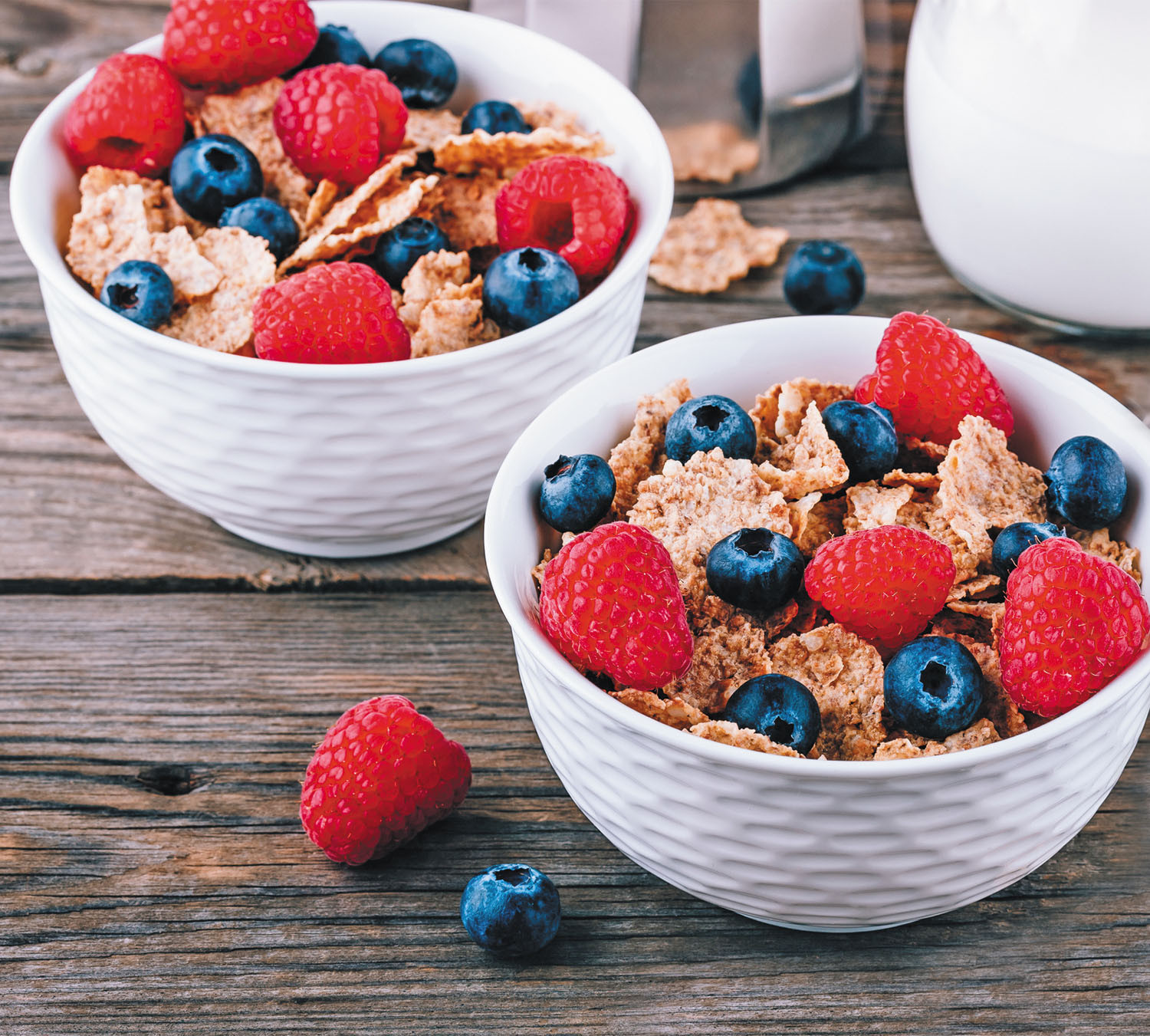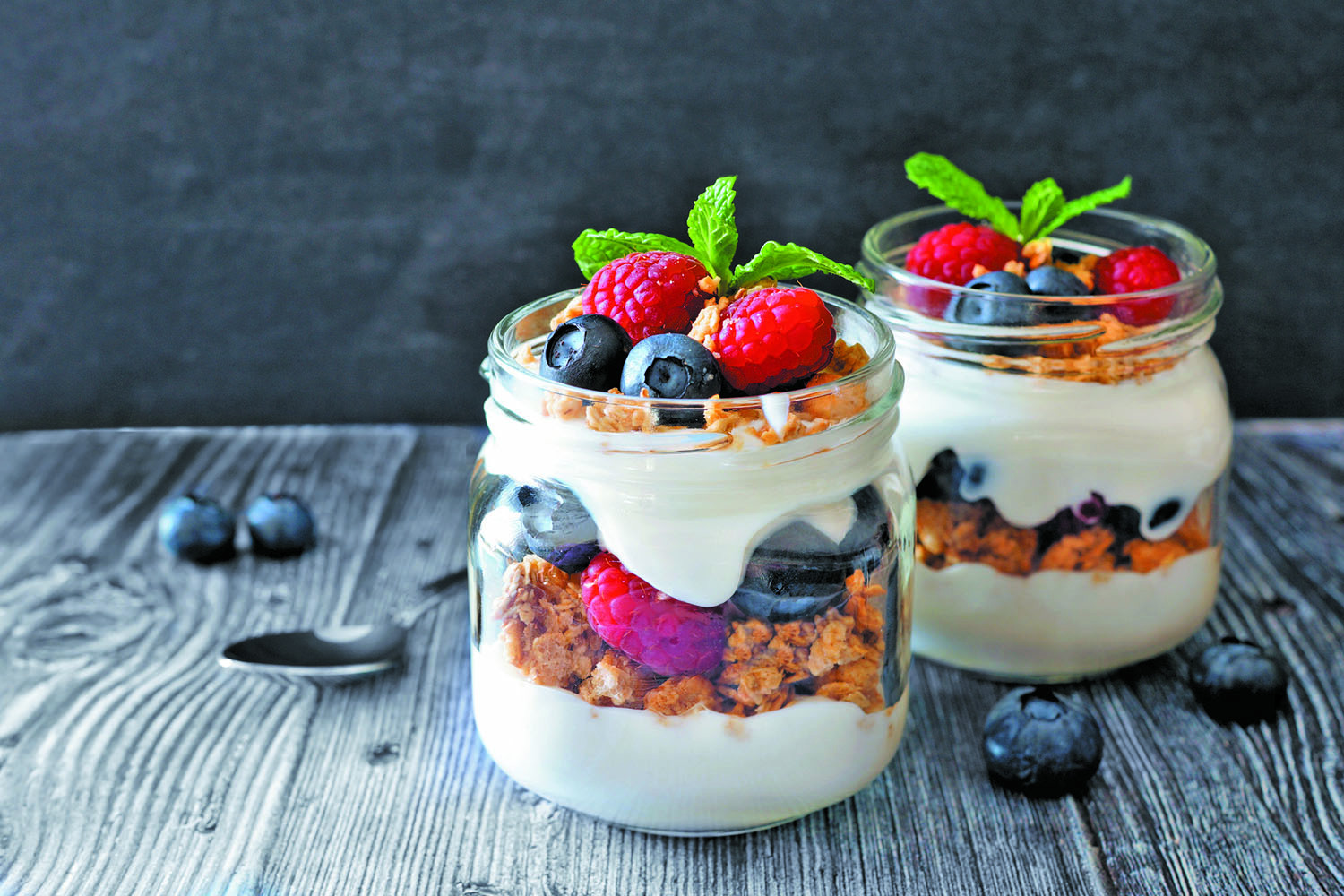
New thinking about plaque in arteries that feed the brain

Want to prevent shifting teeth? Maybe you need retainers

What you need to know about the new dietary guidelines

Food that’s healthier for people and planet can be cheaper, too

New evidence that polyphenol-rich foods help the heart

8 simple ways to reduce ultra-processed foods in your diet

How to curb your stress eating

How to spot Parkinson’s disease symptoms

Heart failure symptoms in women: How they’re different

GERD diet: Foods to avoid to reduce acid reflux
Nutrition Archive
Articles
Vegetarian diet linked to lower stroke risk
Research we're watching
Eating a vegetarian diet may lower your risk of stroke, according to a study in the March 17 issue of Neurology.
The study included two groups of people from Buddhist communities in Taiwan, where vegetarian diets are encouraged. About 30% of the more than 130,000 participants were vegetarian, meaning they didn't eat any meat or fish. Their average age was 50, and none had a prior stroke.
10 healthy diet staples for your emergency food kit
Take this list to the grocery store when stocking up on supplies.
Social distancing, severe weather, a lack of transportation — each one can keep you from getting to a grocery store, leaving you with precious little to eat. When you're looking at a near-empty pantry with an oddball collection of remaining goods — like a lonely box of penne pasta or a random can of beans — it's a sign to prepare differently next time. Fortunately, it's not hard to create an emergency supply kit to hold you over until you can get to the store or have someone shop for you.
Important supplies
Lean on nonperishable items if you're worried about losing power, and add frozen foods if the bigger concern is not getting to a grocery store. Avoid convenience foods like frozen dinners and canned soups, which typically contain excessive amounts of salt, fat, calories, preservatives, and added sugars.
Crank up your fiber intake to manage blood sugar and diabetes
News briefs
Struggling with high blood sugar or diabetes? A study published online March 6, 2020, by PLOS Medicine suggests that increasing your daily fiber intake may help. British researchers combed through dozens of studies with about 10,000 participants who had prediabetes, gestational diabetes, type 1 diabetes, or type 2 diabetes. Compared with people who ate low-fiber diets (19 grams of fiber per day), people who ate another 16 grams of fiber per day (a total of 35 grams per day) weighed less and had lower levels of blood sugar, cholesterol, and inflammation. There were also 14 fewer deaths per 1,000 people among those who ate high-fiber diets. If you'd like to increase your fiber intake, try to eat more fiber-rich foods at each meal. Good sources include whole-grain cereals, legumes, and nuts. For example, a cup of bran cereal has up to 47 grams of fiber, depending on the brand; half a cup of white beans has about 10 grams of fiber; and an ounce of almonds has about 13 grams of fiber. Increase fiber intake slowly, to give your digestive tract time to adjust, and remember to increase your water intake as well.
Image: © wmaster890/Getty Images
Your complete guide to choosing a yogurt to meet your needs
Feeling dazed and confused in the yogurt aisle? Here's some information to help you make good choices.
Yogurt used to be pretty straightforward. It came in small, simple containers, with a swirl of fruit on the bottom if you were lucky. Not anymore. Today there's Greek yogurt, shakes, and tasty-looking cups with sprinkles and crushed cookies. Yogurt is blended into smoothies and squirted into portable tubes and pouches. Over in the ice cream aisle, there are even more options, with a variety of frozen yogurt products in tubs and handheld popsicles.
This gives you lots of choices but might also leave you wondering which one to pick. At the root of the dilemma is this question: is yogurt a health food or a dessert? The truth is, today's yogurt can be either, depending on the type you choose. This means you've got to do a little detective work to figure it out.
Inflammatory foods are linked with higher colon cancer risk
In the journals
Certain foods may trigger inflammation in the body that can increase a person's risk for colon cancer, suggests a study published online Jan. 18, 2018, by JAMA Oncology.
Researchers followed the diets of more than 121,000 people (46,800 of whom were men) for 26 years. Participants recorded what they ate, and their diets were scored based on the amount of foods consumed that are linked to inflammation, such as red and processed meats, sugary beverages, and refined grains.
I have inflammatory bowel disease (IBD). What should I eat?
For people with inflammatory bowel disease (IBD), knowing which foods to eat and which to avoid is important information. An international organization has developed guidelines for some kinds of food, with the aim of helping people with this condition reduce symptoms and inflammation.
Regular tea drinking linked to better heart health
Research we're watching
Sipping a cup of tea at least every other day or so may be good for your heart, according to a study published online January 9 by the European Journal of Preventive Cardiology.
The study included data from more than 100,000 Chinese adults who were part of a long-term health study. The participants provided health and behavioral information, including how much tea they drank. The follow-up lasted an average of seven years.
Take control of rising cholesterol at menopause
Here's what the numbers mean — and strategies to lower your cholesterol if it's too high.
For some women who've had normal cholesterol readings all their lives, that changes at menopause. "Going through menopause often results in lipid and cholesterol changes for the worse," says Dr. Samia Mora, an associate professor of medicine at Harvard Medical School and a specialist in cardiovascular medicine the Brigham and Women's Hospital. Drops in the female hormone, estrogen, are associated with a rise in total cholesterol levels due to higher amounts of low-density lipoprotein (LDL), the "bad" cholesterol, and another blood lipid (fat) known as triglyceride. Over time this can raise heart risks, which is a reason for concern, as cardiovascular disease is the No. 1 cause of death in postmenopausal women, says Dr. Mora.
"So, it's especially important to track the numbers in perimenopause and the early years after menopause, as LDL cholesterol and total cholesterol tend to increase," she says.
Is it safe to eat fish?
Ask the doctor
Q. You recommend eating fish twice a week. However, I've read that fish contain toxins and microplastics. Is it really safe to eat fish?
A. Most options in life contain both benefits and risks. Foods are no exception. Eating fish has potential benefits (largely from the omega-3 fats they contain) and risks (from the toxins). Do the benefits exceed the risks? That question has been addressed by research — much of it by colleagues here at Harvard. The answers are different for different people, and for different types of fish.

New thinking about plaque in arteries that feed the brain

Want to prevent shifting teeth? Maybe you need retainers

What you need to know about the new dietary guidelines

Food that’s healthier for people and planet can be cheaper, too

New evidence that polyphenol-rich foods help the heart

8 simple ways to reduce ultra-processed foods in your diet

How to curb your stress eating

How to spot Parkinson’s disease symptoms

Heart failure symptoms in women: How they’re different

GERD diet: Foods to avoid to reduce acid reflux
Free Healthbeat Signup
Get the latest in health news delivered to your inbox!
Sign Up











